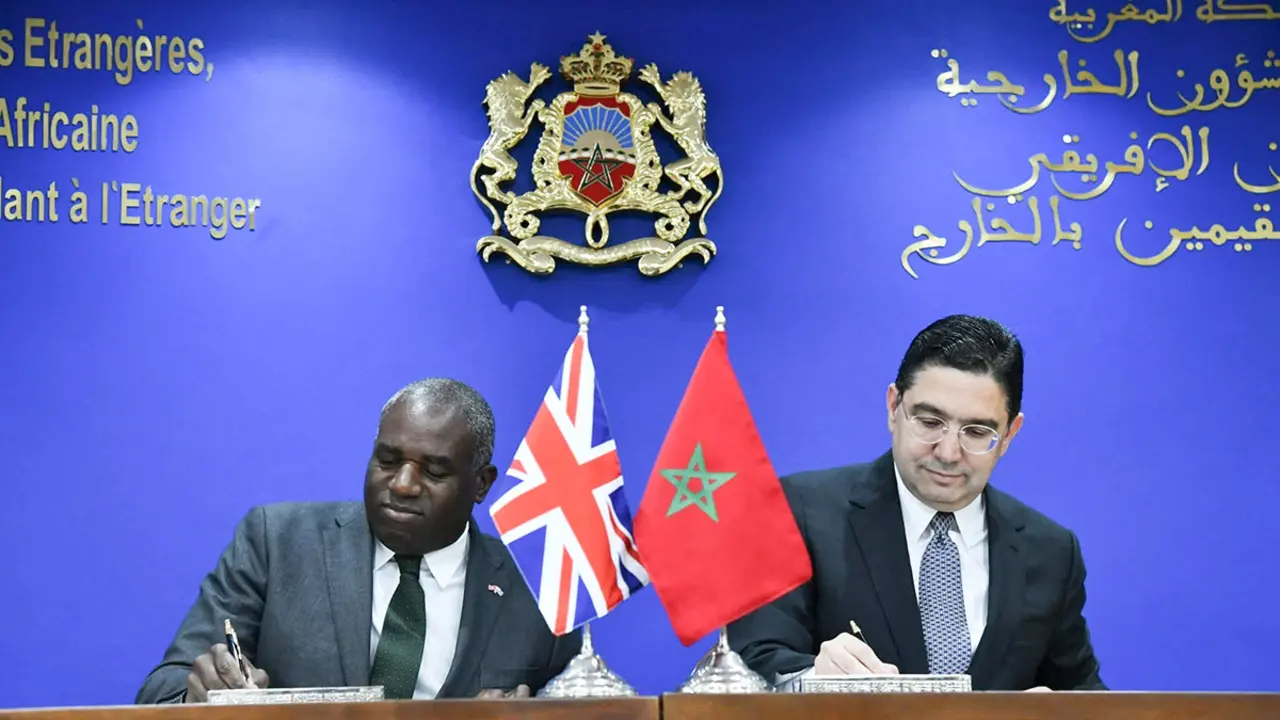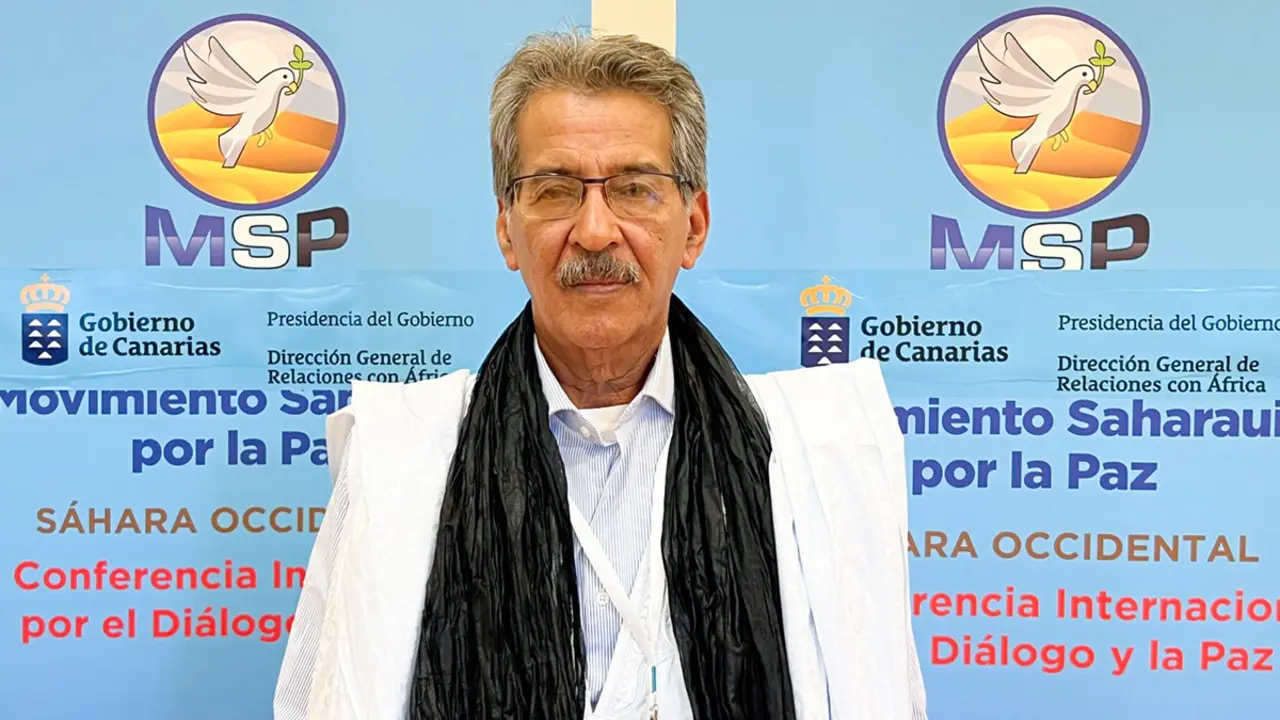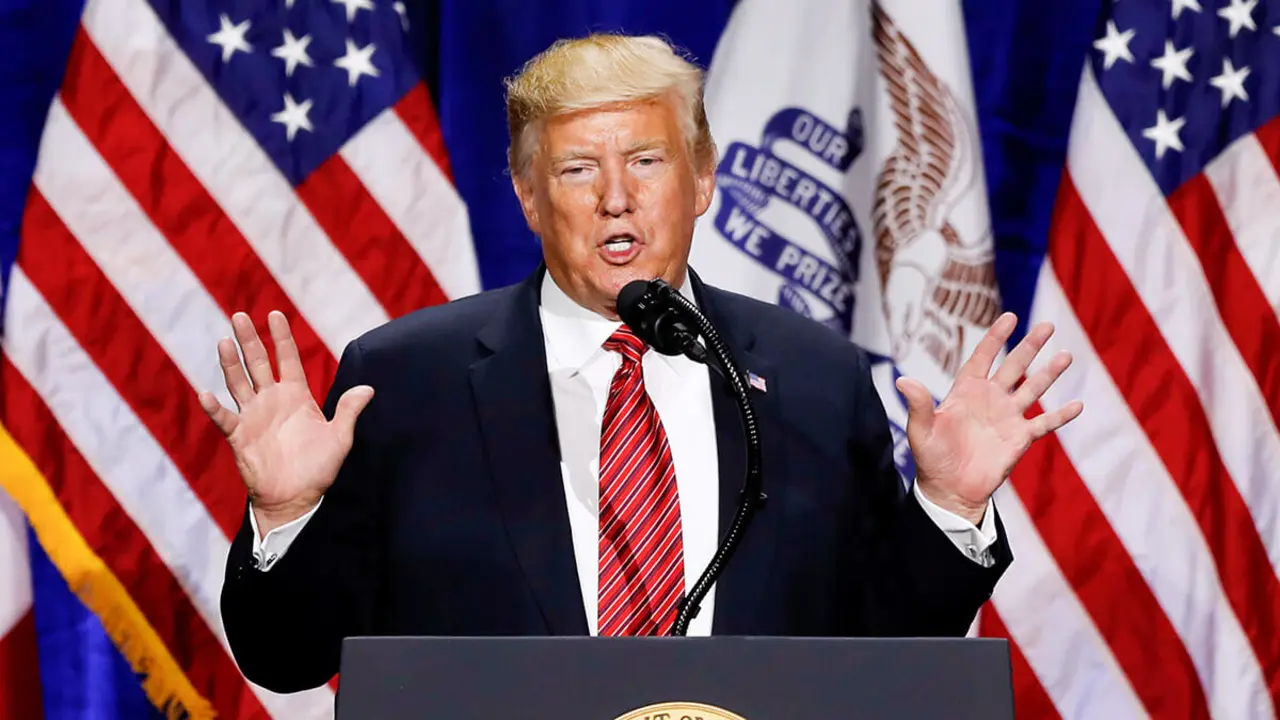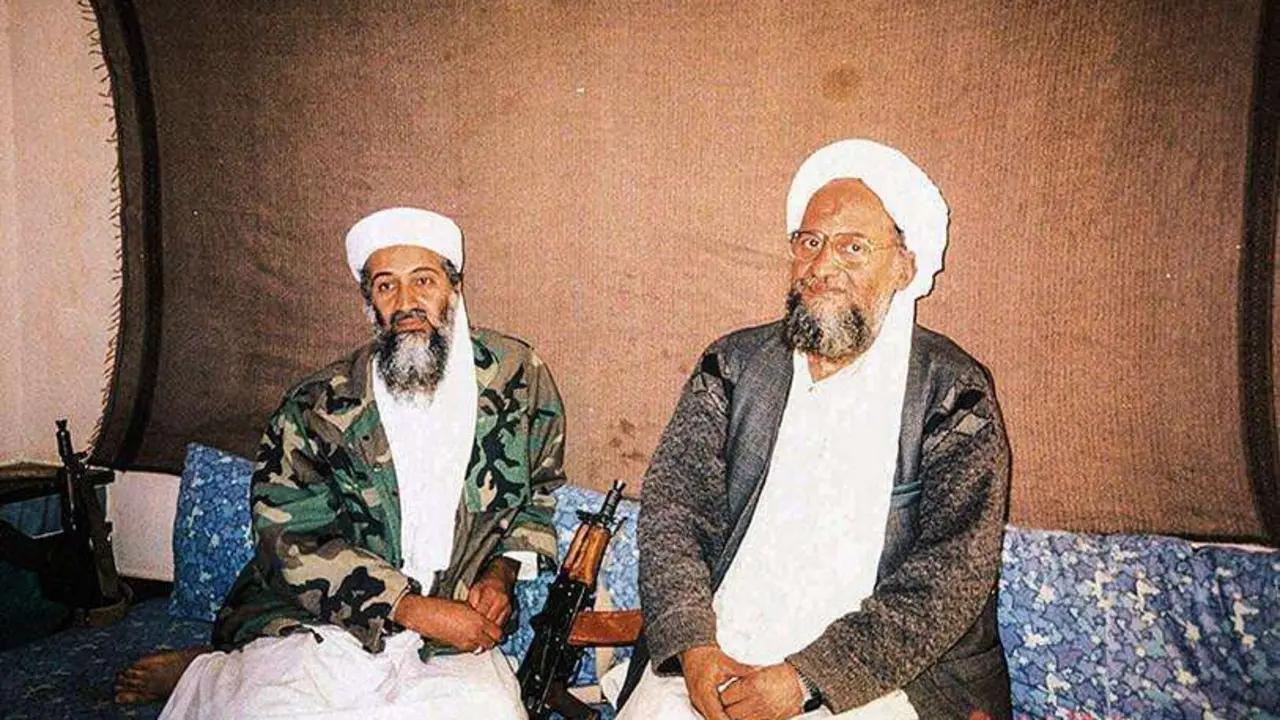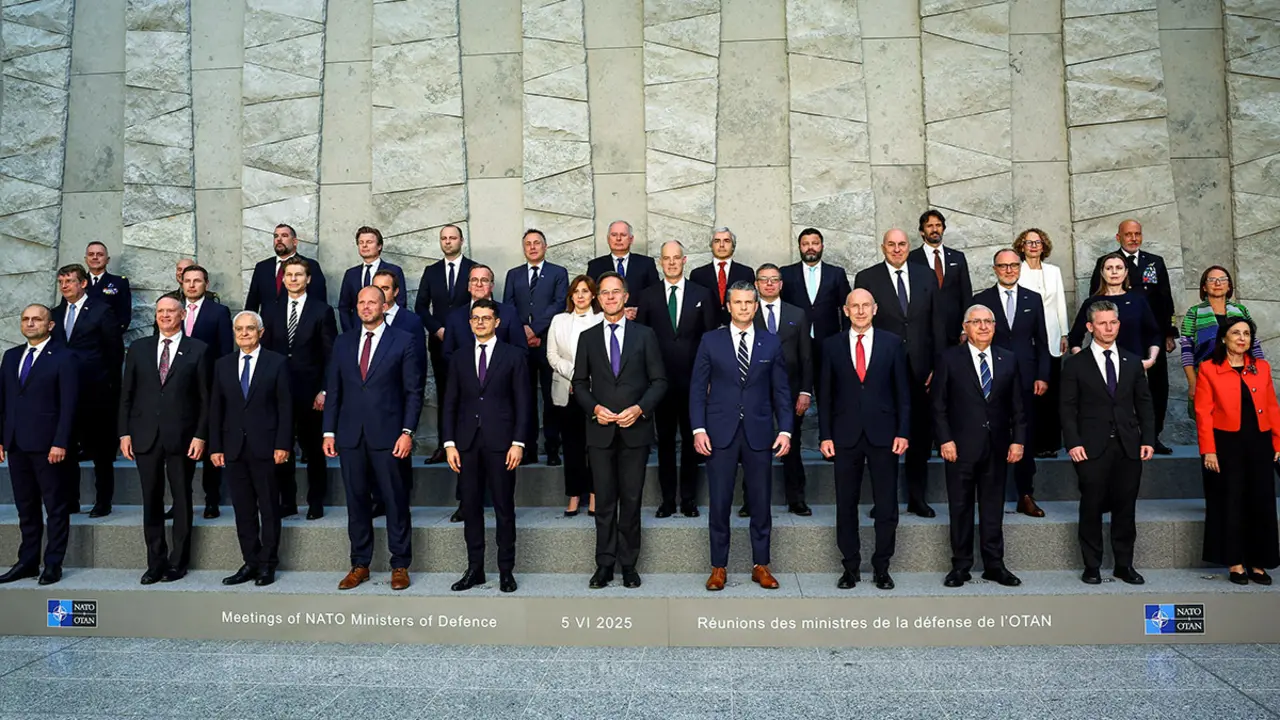An emergency COVID-19 government removes Israel's political blockade today
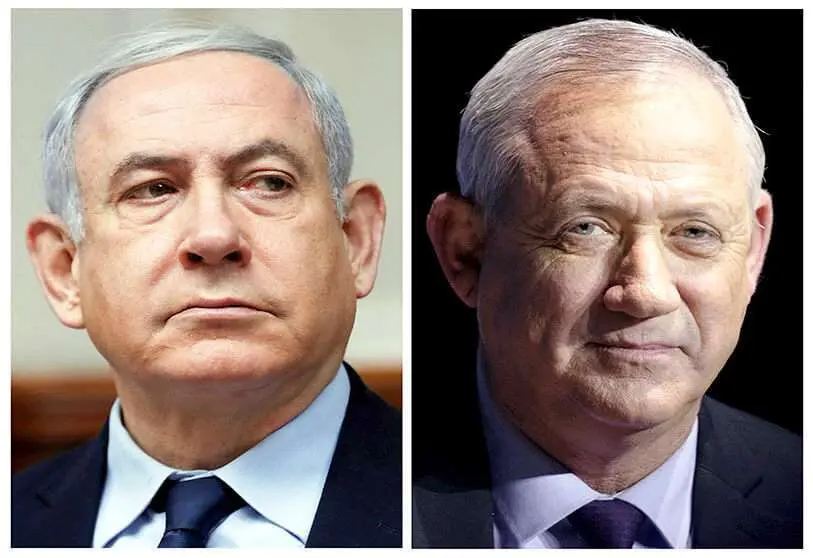
With negotiations up to the last minute and the delay of the inauguration, originally planned for yesterday, the Israeli Government led by Benjamin Netanyahu and the centrist Beny Gantz will finally be formed tonight and the country will be able to turn the page on the long political blockade. The pandemic has outlined a unique agreement of unity between Netanyahu and Gantz whereby for the first six months they will only be able to deal with measures relating to the coronavirus crisis and make progress with the annexation of part of the West Bank from 1 July. Both will alternate in the leadership of the Executive for equal periods, the first 18 months Netanyahu and the following Gantz.
The Government is being formed after the visit of the US Secretary of State, Mike Pompeo, who yesterday represented the US Administration's support for the new Executive with a first visit by a foreign leader to the country since the borders were closed in March. Last night, Netanyahu's Likud and the centrist Blue and White formation finally sealed an agreement that sets forth a government of 32 ministries, which will be expanded to 36 after the emergency semester, and Israeli President Reuvén Rivlin received confirmation that the political blockade has ended. "I will ask to convene the plenary session of the Knesset (today) for the establishment of a government", informed Netanyahu to the president. Both he and Gantz will promise the post as prime minister and alternate prime minister, a development that has required legislative changes.
Gantz, who appeared in politics to unseat Netanyahu and promised in all three rounds of elections not to govern alongside a man accused of corruption, finally accepted to be part of a unity executive justifying himself for the emergency situation, although the coronavirus pandemic has affected the country much less than others, causing 264 deaths and some 16,000 infected. Today, Netanyahu will receive his fourth consecutive term, the fifth in his political career, ten days before he faces trial on charges of bribery, fraud and abuse of trust.
Israel has maintained a functioning Government since December 2018, when the coalition Executive broke up, and has since held three elections - April and September 2019 and March 2020 - in which the new centrist coalition led by Gantz challenged Netanyahu's continuity for the first time in more than a decade. However, the two most voted formations - Likud and Blue and White - did not achieve a parliamentary majority and only a government of unity between the two allowed the blockade to be broken. Until March, Gantz refused to let Netanyahu lead this Executive. Netanyahu's decision to negotiate caused the centrist coalition to break up and part of it has now remained in opposition, as well as provoking discontent towards Gantz on the part of the electorate that had voted for him.
The swearing-in of the new unity government at ten o'clock tonight (19.00 GMT) - which will include other parties - definitely avoids the feared fourth elections, although it does initiate a complex governance between two leaders who were until recently rivals.


